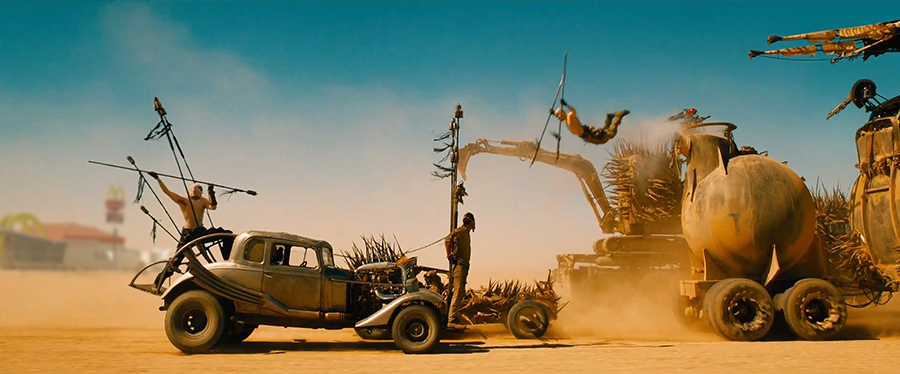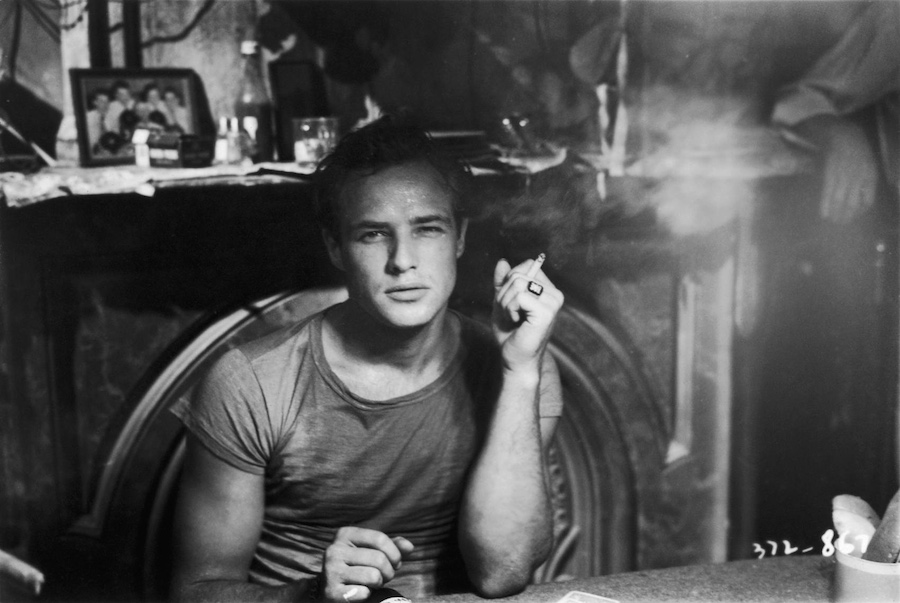Today in Movie Culture: Mission: Impossible's Craziest Stunts, A Non-Human 'Lego Movie' Fan and More
Here are a bunch of little bites to satisfy your hunger for movie culture:
Stunts Showcase of the Day:
With Mission: Impossible – Rogue Nation opening this weekend, io9 presents a look at all of Tom Cruise‘s crazy stunts from the movie series:
[embedded content]
Actor Profile of the Day:
Speaking of the Mission: Impossible series, here’s a video showing us how to be Tom Cruise, specifically as Ethan Hunt (via Montage Creators):
[embedded content]
Vintage Image of the Day:
Marlon Brando on the set of A Streetcar Named Desire. The still is now being repurposed to promote the acclaimed new documentary Listen to Me Marlon, which opened in theaters this week.
Movie Fan of the Day:
There’s a chance the voice we hear singing “Everything Is Awesome” in the following video is not in fact the parrot on screen but some faker off camera, but we want to believe this bird is truly a fan of The Lego Movie (via Nerd Approved):
[embedded content]
Classic Cartoon of the Day:
Today is the 80th anniversary of the release of the animated short Sinbad the Salor, based on the legendary tales and directed by Ub Iwerks. Watch it in full below.
[embedded content]
Fan Photoshop of the Day:
Did you notice that McDonald’s in the background during Mad Max: Fury Road? The Tumblr High Street Shops in Sci Fi Films wants us to see product placement that doesn’t exist in movies such as Moon, The Thing and Harry Potter and the Goblet of Fire.

Movie Mashup of the Day:
Speaking of Mad Max: Fury Road, the latest fan mashup of that movie and something else stars Batman and The Joker (via Live for Films):

Retrospective Review of the Day:
Oliver Harper packs a lot of detail into this 30-minute video essay/review/history lesson/analysis of Back to the Future (via The Playlist):
[embedded content]
Cosplay of the Day:
Taco Bell is probably crazy enough to somehow turn this clever Beauty and the Beast cosplay into a new menu item, if only Disney would approve (via Reddit):

Classic Trailer of the Day:
This weekend is the 30th anniversary of the release of the John Hughes teen fantasy Weird Science. Watch the original trailer, which must have really appealed to any early Bill Paxton fans, below.
[embedded content]
Send tips or follow us via Twitter:
and
This entry passed through the Full-Text RSS service – if this is your content and you’re reading it on someone else’s site, please read the FAQ at fivefilters.org/content-only/faq.php#publishers.

